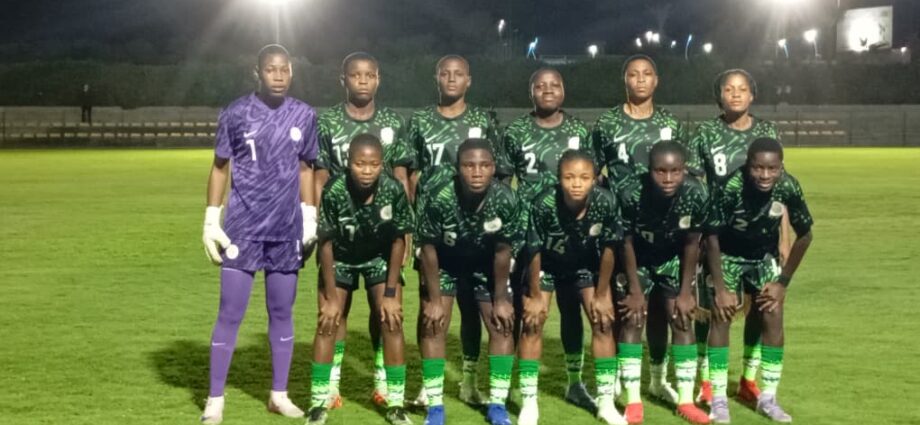By Aderonke Ojo
The Super Eagles of Nigeria labored to a narrow victory over Lesotho in a crucial World Cup qualifying encountered
Goal Creation and Conversion Remain a Major Concern
Once again, the Super Eagles struggled to translate possession into clear scoring opportunities. Despite controlling large portions of the game, the team’s attacking rhythm lacked fluidity. The inability to convert chances remains a recurring problem, as strikers often appear isolated and the team fails to make the most of attacking transitions.
Midfield Creativity and Penetration was Missing
Nigeria’s midfield was flat for most parts of the match. There was little connection between the midfield and attack, which made it easy for Lesotho to defend compactly. The absence of a natural playmaker or a midfielder capable of breaking lines through decisive passes limited the team’s attacking variations and overall threat.
Lack of Tactical Urgency from the Technical Bench
In modern football, quick tactical adjustments can change the course of a game.the Super Eagles technical bench appeared hesitant to make early changes despite visible weaknesses. In crucial periods in the match # coaches must be bold enough to introduce tactical switches even within the first 15 minutes when the game demands immediate solutions.
Questionable Defensive Organization
The defensive coordination of the Super Eagles was far from convincing. William Troost-Ekong, though experienced, struggled with timing and positioning. His lapses occasionally exposed the backline, giving Lesotho rare opportunities to threaten Nigeria’s goal. The defense needs better communication and structure to avoid costly errors against stronger opponents.
Stanley Nwabali’s Costly Errors
Nigeria’s first-choice goalkeeper, Stanley Nwabali, had an unconvincing outing. His handling and decision-making were suspect, and one of his errors directly resulted in Lesotho’s goal. While he remains exposed and composed under pressure, the sense of comfort in his role might be affecting his competitiveness. Introducing healthy competition among goalkeepers could bring the best out of him.
Lack of Cohesion Among the Frontline
The attacking line often played as individuals rather than a coordinated unit. Movements off the ball were minimal, and runs behind Lesotho’s defense were poorly timed. Nigeria’s wingers must learn to combine more effectively, especially when faced with teams that sit deep and defend in numbers.
The Need for Stronger Mental and Tactical Discipline
The match also highlighted Nigeria’s psychological wéakness in tight contests. The players seemed casual after taking the lead, losing concentration and rhythm. In World Cup qualifiers, every minute matters, and the Super Eagles must develop the discipline to maintain intensity from start to finish.

